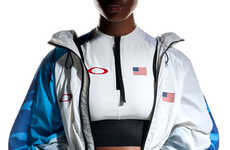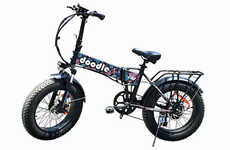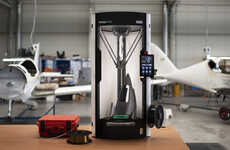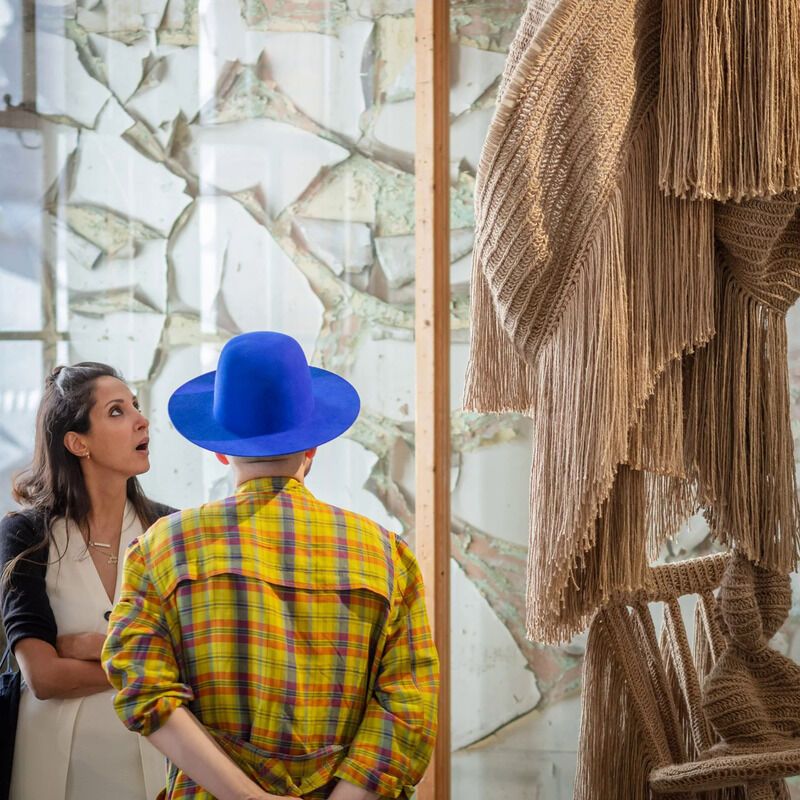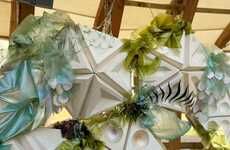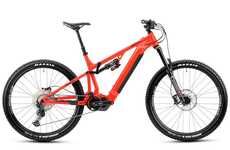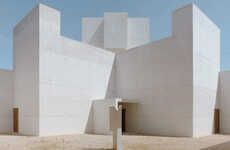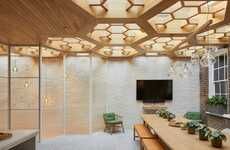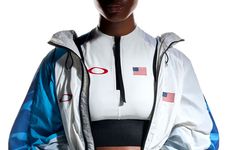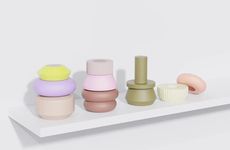
Christopher Kelly Explores Crochet with the Interwoven Project
Amy Duong — June 29, 2024 — Art & Design
References: dezeen
British artist and designer Christopher Kelly explores the main differences of living with neurodiversity with the Interwoven project. This is done through various weaving processes formed into sculptures which are monumental in scale using textile crafting techniques. It constructs broken furniture and other designs that build on the jute forms.
He works on reflecting on what it is like to live with neurodivergence. Christopher Kelly explains "I needed something to help manage my hyperactivity, particularly my hand moving or my feet moving when I wasn't able to move the rest of my body. As my understanding grew, I realised that I wanted to work in a larger form, so working with large hooks and a more robust material rather than a traditional yarn."
Image Credit: Dan Weill
He works on reflecting on what it is like to live with neurodivergence. Christopher Kelly explains "I needed something to help manage my hyperactivity, particularly my hand moving or my feet moving when I wasn't able to move the rest of my body. As my understanding grew, I realised that I wanted to work in a larger form, so working with large hooks and a more robust material rather than a traditional yarn."
Image Credit: Dan Weill
Trend Themes
1. Neurodivergent Craftsmanship - Artistic projects that cater specifically to the behaviors and needs of neurodivergent creators showcase how tailored craftsmanship can aid in personal expression and well-being.
2. Monumental Textile Sculptures - The use of large-scale textile crafting techniques in sculptures points to a transformative art form that merges traditional methods with innovative, therapeutic approaches.
3. Adaptive Art Tools - Innovative tools, such as large hooks and robust materials, provide an inclusive approach to crafting that accommodates the physical needs of neurodivergent individuals.
Industry Implications
1. Textile Arts - The intersection of textile art with neurodivergent needs offers a sector where therapeutic and artistic innovations can intersect.
2. Assistive Crafting Tools - Developing specialized crafting tools for neurodivergent individuals reveals untapped potential in the assistive devices market.
3. Inclusive Design - Embracing inclusive design in art and crafting materials responds to the growing demand for products that are both functional and empowering for neurodivergent users.
4.8
Score
Popularity
Activity
Freshness


